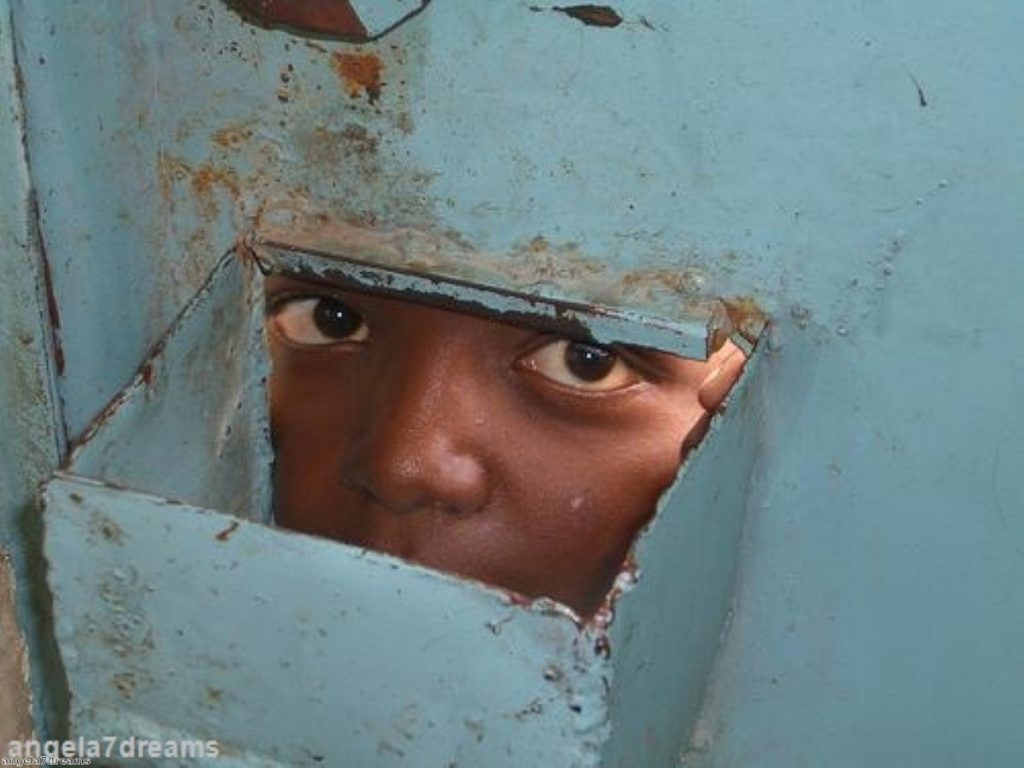No waste of money too big for DfID to rule out aid spending U-turn
By politics.co.uk staff
Taxpayers' money could be spent on international aid organisations previously condemned for offering 'poor' value for money, MPs have suggested.
A report from the Commons' international development committee encouraged ministers to offer the prospect of a return to funding, rather than ruling out spending on the worst multilateral organisations for good.
The Department for International Development's 2011 multilateral aid review rated nine organisations to be poor.


One has subsequently ceased to exist. DfID has put four in 'special measures' and stopped the funding for four more altogether. These are the International Labour Organisation and the UN's human settlements programme, international strategy for disaster reduction and industrial development organisation.
"As well as assessing the performance of the multilateral organisations to which it is currently providing funding, DfID should also assess the performance of those from which it has withdrawn funding, considering both alignment with UK development objectives and organisational effectiveness," the report stated.
"If those organisations can be shown to have improved, DfID should restore funding."
Officials have not yet discussed the idea, but ministers have suggested they support the change.
The report also warned that the government should do more to monitor multilateral aid organisations.
It found DfID struggles to monitor multilateral projects in countries where there are no bilateral links in place.
"It is in everybody’s interests for the government to make informed decisions about aid spending," committee chair Sir Malcolm Bruce said.
"When the UK provides funding to an international organisation, we need to have some assurance that this is better value for money than the alternative.
"Comparing international organisations' work with our own, bilateral aid programmes is imperative."
David Cameron has struggled to persuade Conservative backbenchers of the value of foreign aid, which remains beset by criticisms from the Tory right.
The prime minister was obliged to give up his pledge to legislate ensuring the UK spends 0.7% of its gross domestic product on aid earlier this year.
The broken promise, which had featured in the original 2010 coalition agreement, has infuriated campaigners.
But the 2013 spending round saw chancellor George Osborne announce an extra £800 million for aid spending in 2015/16, most of which will come from DfID.
"‘Even in tough times, the decisions we make mean we keep to our commitments," Osborne told MPs.









